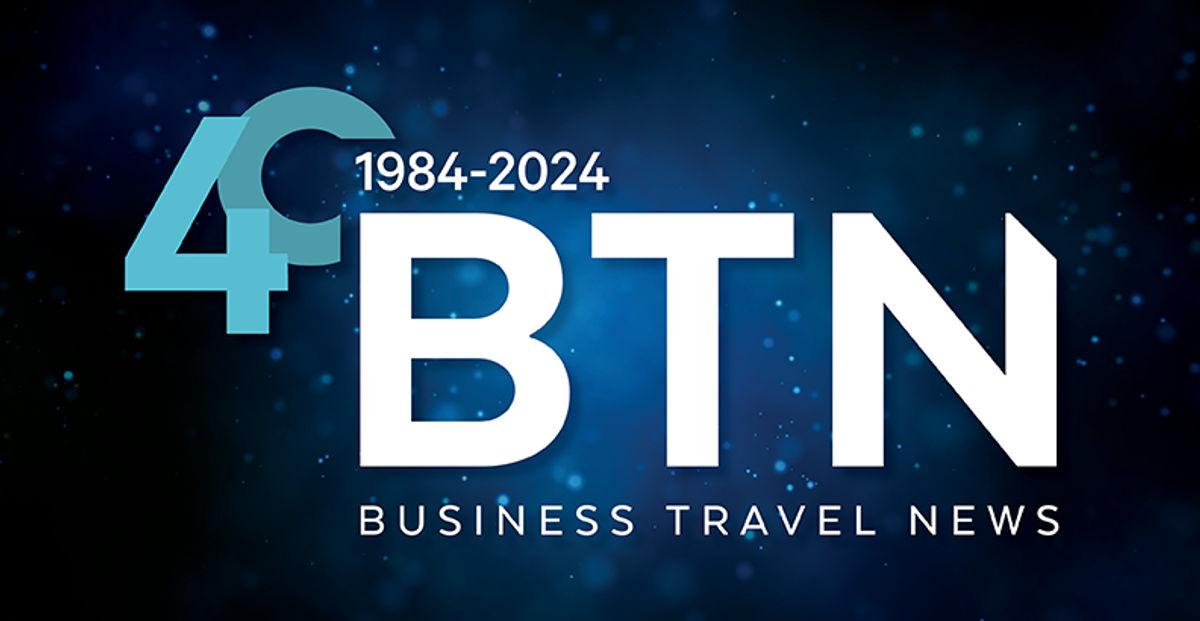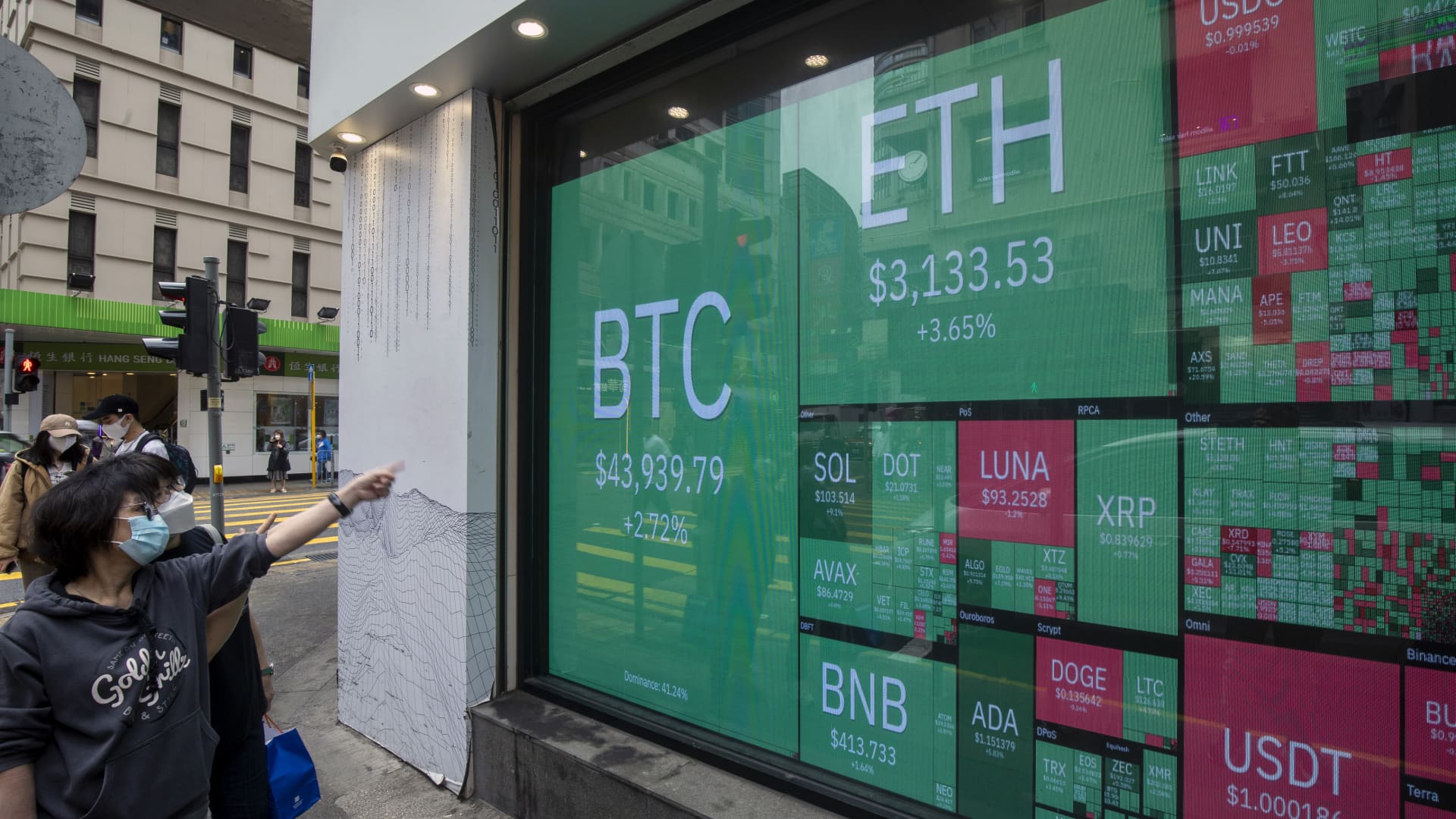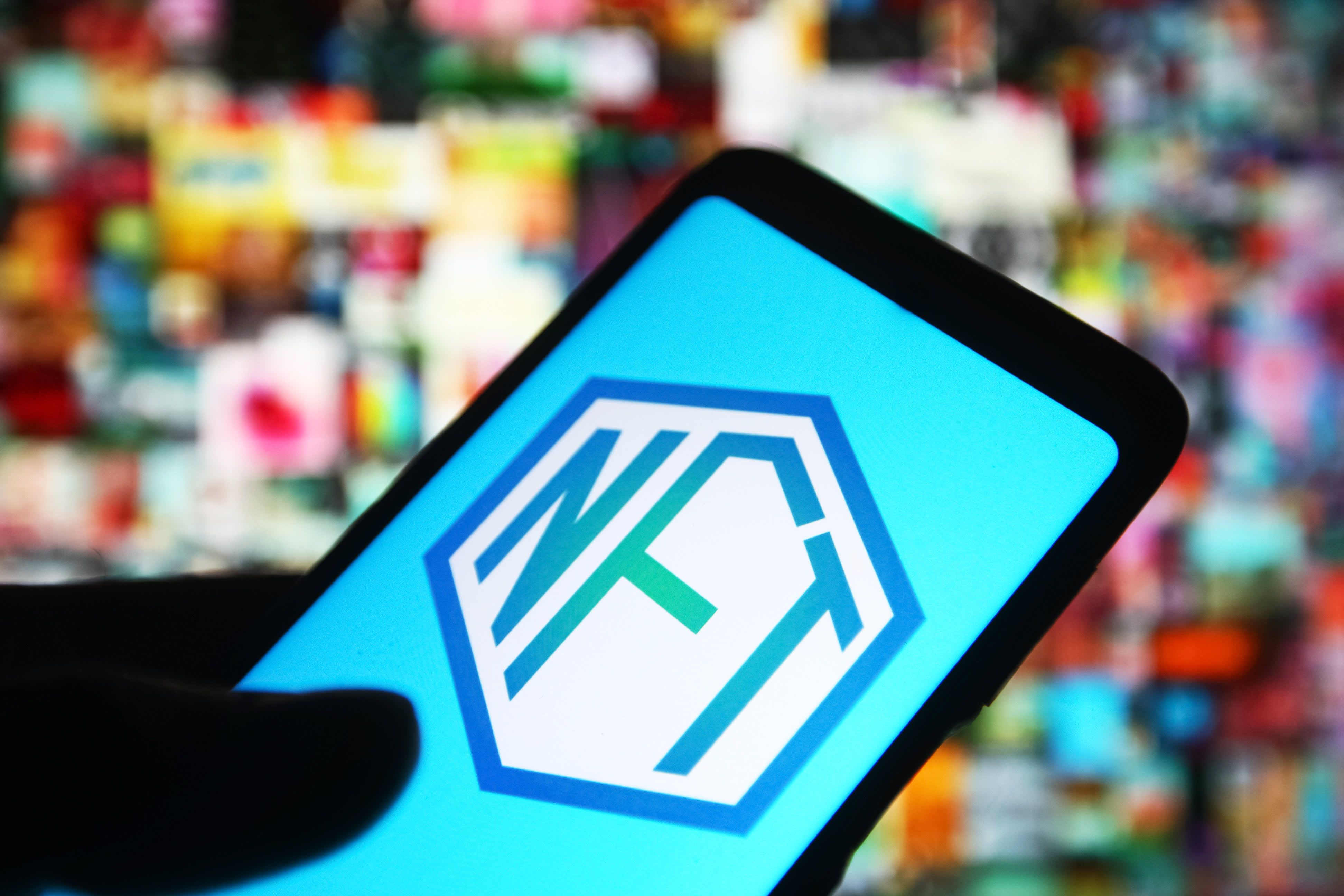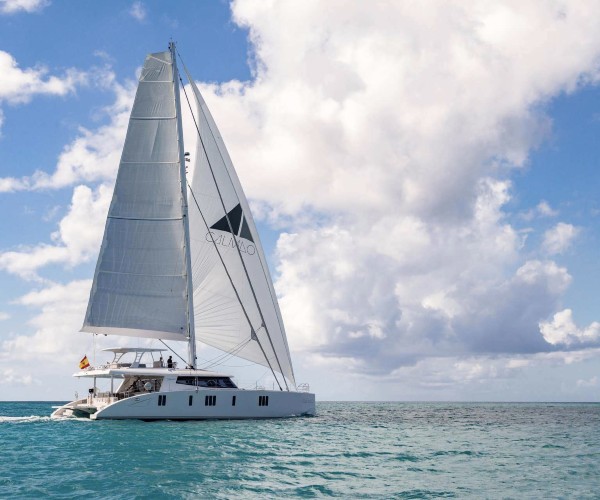Buyers Alliance Commits $200M to SAF Certificates
Several companies have committed to investing close to $200 million into the sustainable aviation fuel market by agreeing to purchase SAF certificates for nearly 50 million gallons of the fuel, the Sustainable Aviation Buyers Alliance announced Wednesday.

Several companies have committed to investing close to $200 million into the sustainable aviation fuel market by agreeing to purchase SAF certificates for nearly 50 million gallons of the fuel, the Sustainable Aviation Buyers Alliance announced Wednesday.
The certificates would represent about 500,000 tons of abated CO2 emissions, according to SABA.
The purchase agreements span five years and were made by nearly 20 companies including AstraZeneca, Autodesk, Bain & Co., BCG, Deloitte, J.P. Morgan Chase, McKinsey & Co., Meta, Morgan Stanley, Netflix, Novo Nordisk, Samsung Biologics, Watershed and Workday, along with SABA founding organization RMI, according to the alliance.
The amount of the purchase agreements "is roughly equivalent to the emissions of 3,000 fully loaded passenger flights from New York City to London," according to SABA.
The alliance through this transaction is "advancing new models for buying and selling SAF certificates," with SABA members working with carriers including Alaska Airlines, JetBlue and Southwest Airlines. SABA also is securing certificates through SAF solutions provider SkyNRG and by purchasing them directly from fuel providers, including World Energy, according to the alliance.
The deals "demonstrate the power of corporate demand to scale up investments in promising sustainable fuels that can drive decarbonization of the aviation industry," said SABA, which added that many of the participants are new to the SAF certificate market.
This new set of agreements through SABA follows last year's pilot procurement program, which purchased SAF certificates for nearly 850,000 gallons of SAF. Still, the SAF volumes that met SABA's requirements "came nowhere close" to meeting SABA customer demand in 2024 and 2025, according to the alliance.

 Aliver
Aliver 































